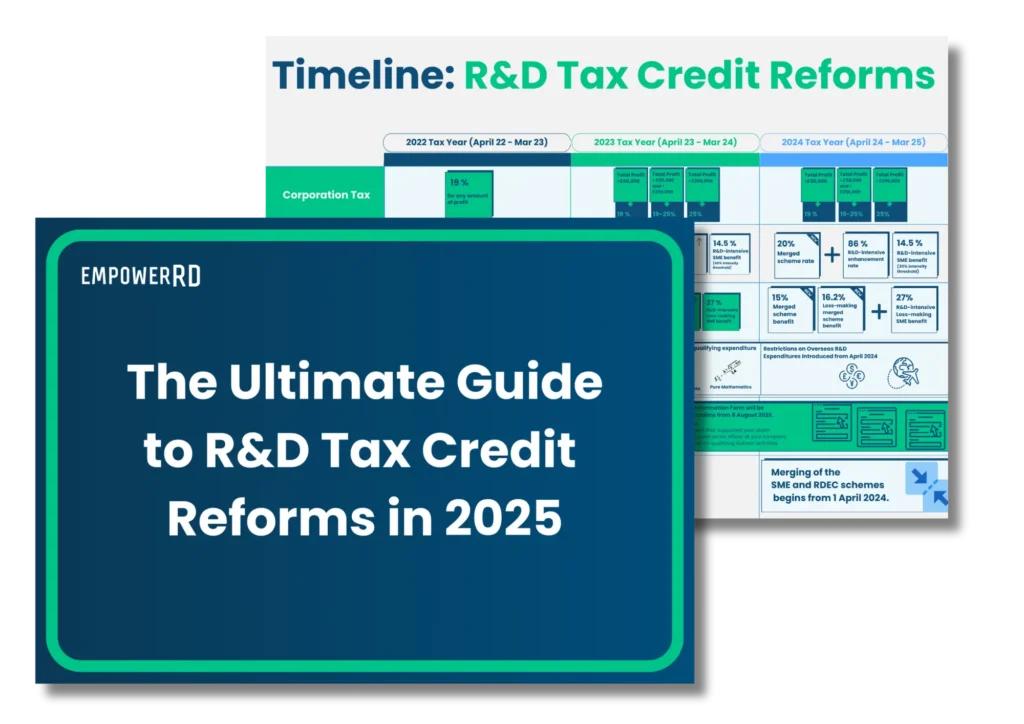If you’re an accountant or business owner, you may be familiar with the recent developments at Companies House. In an effort to enhance transparency and combat fraudulent activity, they are introducing companies house reforms to their filing requirements.
It’s crucial to understand the significance of these changes and not underestimate their impact. Failure to grasp and implement them correctly could lead to potential delays and errors in business operations. Therefore, it is imperative for companies and their accountants to comprehend and adapt to these reforms fully.
The changes: A quick overview
Companies House is revamping the annual accounts filing process. Now, businesses will need to use software to file annual accounts, and the smallest companies will have to file their profit and loss accounts. This is all part of a broader reform laid out in the Economic Crime and Corporate Transparency bill.
This change might mean a shift to compliant software and a new approach to accounts preparation for accountants and bookkeepers. Ensuring that you or your clients are well informed and educated about these changes is crucial. It is imperative to bring everyone up to speed and provide a comprehensive understanding of the subject matter.
What are the new filing requirements?
The new filing requirements are two-fold:
- Company accounts must be filed using software – not paper, CATO (Company Accounts and Tax Online), or the Companies House WebFiling service.
- Small companies (including micro entities) will now have to file profit and loss accounts.
If you’re already using software for some of your company clients, that’s great! But moving forward, you’ll have to use software for all of them. This includes larger companies that currently only use paper filing.
And if you work with small companies and micro entities, you’ll need to start filing profit and loss accounts. Previously, this wasn’t a requirement, but Companies House is changing that to streamline filing options and standardise company account records.
Why the change?
The reason behind this change is simple: Companies House wants to combat fraudulent activity and improve the transparency and quality of information on the register. By requiring small companies and micro entities to file profit and loss accounts, it will be easier for creditors and consumers to make well-informed decisions.
When will this happen?
While the exact timeline for these changes is still up in the air, Companies House will provide ample time for everyone to switch to software filing. You can sign up for email updates on their reform.
What if you don’t comply?
Without the right software, you won’t be able to file your company accounts or your clients. So, adopting compatible software is crucial before the changes become mandatory. Failing to comply could result in penalties, although the specifics are yet to be confirmed.
Who will be affected?
Any company that submits accounts on paper, using CATO, or via the Companies House WebFiling service will need to switch to software filing. While some companies already have the option of software filing, Companies House is working to make this mandatory for all company types.
At EmpowerRD, we are specialists in R&D tax credits, with a team of experienced tax professionals who have navigated numerous changes implemented by HMRC. If you have any questions or concerns about these reforms, please don’t hesitate to get in touch. We’d be delighted to help you.












